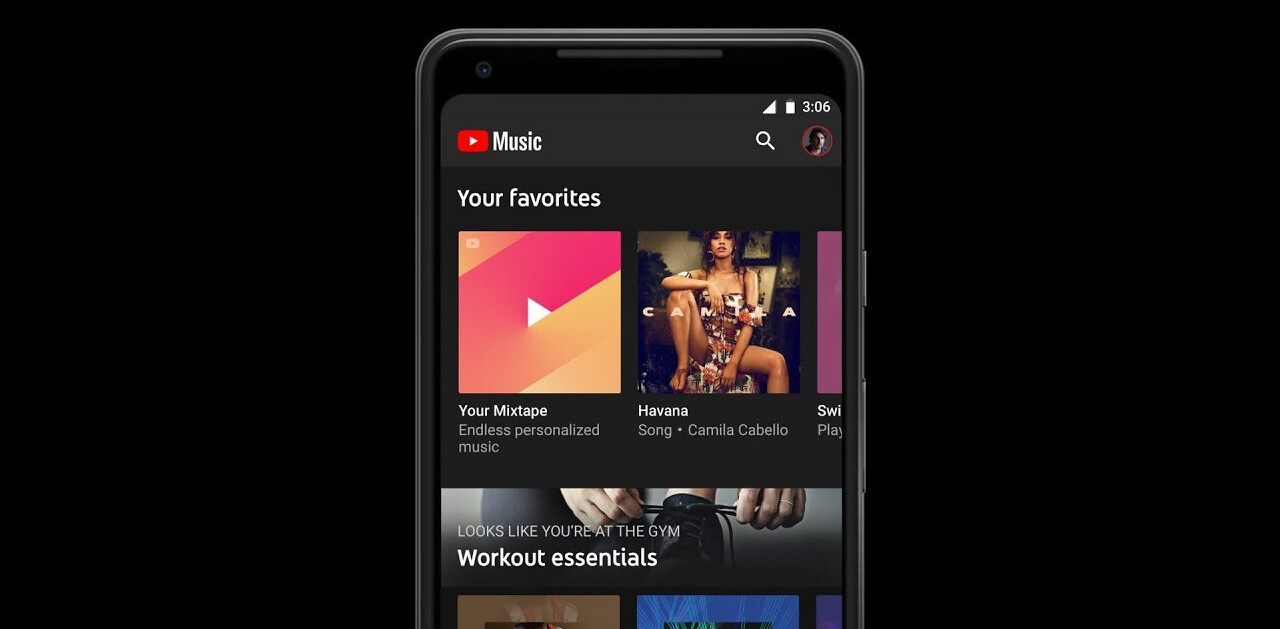![Afghanistan bans YouTube page for Prophet Mohammad video that led to the murder of a US ambassador [Updated]](https://img-cdn.tnwcdn.com/image?fit=1280%2C720&url=https%3A%2F%2Fcdn0.tnwcdn.com%2Fwp-content%2Fblogs.dir%2F1%2Ffiles%2F2012%2F09%2Fafghanistan_deserted.jpg&signature=b4918c07dc5abd4b9f22984c98fa205a)
Update: It turns out that YouTube has not been banned in Afghanistan, contrary to previous reports, including this one at The Next Web (the original story is below), which cited Reuters. The Afghanistan government has banned the YouTube page for the video in question, according to Aimal Faizi, chief spokesperson for President Hamid Karzai:
Afghanistan has not banned YouTube Website. MoIC had asked MoC to ban the video insulting the Prophet Mohammad in Youtube, not Youtube.
— Aimal Faizi (@AimalFaizi) September 12, 2012
Furthermore, the Associated Press reports that the video has also been blocked in Egypt and Libya, as it has resulted in a lot of violence there. The video is reportedly still on YouTube, which provided the following statement:
We work hard to create a community everyone can enjoy and which also enables people to express different opinions. This can be a challenge because what’s OK in one country can be offensive elsewhere. This video – which is widely available on the web – is clearly within our guidelines and so will stay on YouTube. However, given the very difficult situation in Libya and Egypt we have temporarily restricted access in both countries. Our hearts are with the families of the people murdered in yesterday’s attack in Libya.
Original story:
The Afghanistan government banned Google’s YouTube today in an attempt to stop its citizens from watching a U.S.-made film insulting the Prophet Mohammad, according to the Ministry of Communications. This particular video has sparked protests in Egypt and Libya and also led to the killing of four Americans. The U.S. ambassador to Libya and three embassy staff were killed while running from a consulate building in Benghazi, which was stormed by gunmen later tied to the militant Islamist organization al Qaeda.
“We have been told to shut down YouTube to the Afghan public until the video is taken down,” Aimal Marjan, general director of Information Technology at the ministry, told Reuters. In a second report, Reuters said Marjan declined to say if the goal of Afghanistan’s YouTube ban was to prevent Muslims from being offended or to curb violence.
The 14-minute video is a trailer for an amateur film titled “Innocence of Muslims” and portrays the Prophet as a womanizer and a religious fake who was okay with the sexual abuse of children. The man who created it, an Israeli-American, describes Islam as a “cancer.” The video has received very contrasting reactions all over the world.
Afghan President Hamid Karzai unsurprisingly condemned it, saying its producers had done a “devilish act.” He also noted that insulting Islam was not protected by freedom of speech in his country. Meanwhile, US pastor Terry Jones, whose plans to burn the Koran triggered deadly riots in Afghanistan in 2010, approved of the film, and even went as far as promoting it as part of his “International Judge Muhammad Day.”
The Afghan government strongly condemned the making of the film as “inhuman and insulting,” deemed it offensive to Islam, and expressed “disgust” for it, according to a statement from the Afghan presidency cited by the AFP. Those in power also said “the heinous act of the filmmaker and fanatic pastor hurts the feelings of the Islamic world”.
This is not the first time material and actions deemed insulting to Islam have sparked deadly riots in Afghanistan, but it is the first time that it has resulted in YouTube being blocked. The video-sharing site has previously been blocked in China, Morocco, Thailand, Turkey, Iran, Pakistan, and Libya, among others.
Image credit: stock.xchng
Get the TNW newsletter
Get the most important tech news in your inbox each week.




